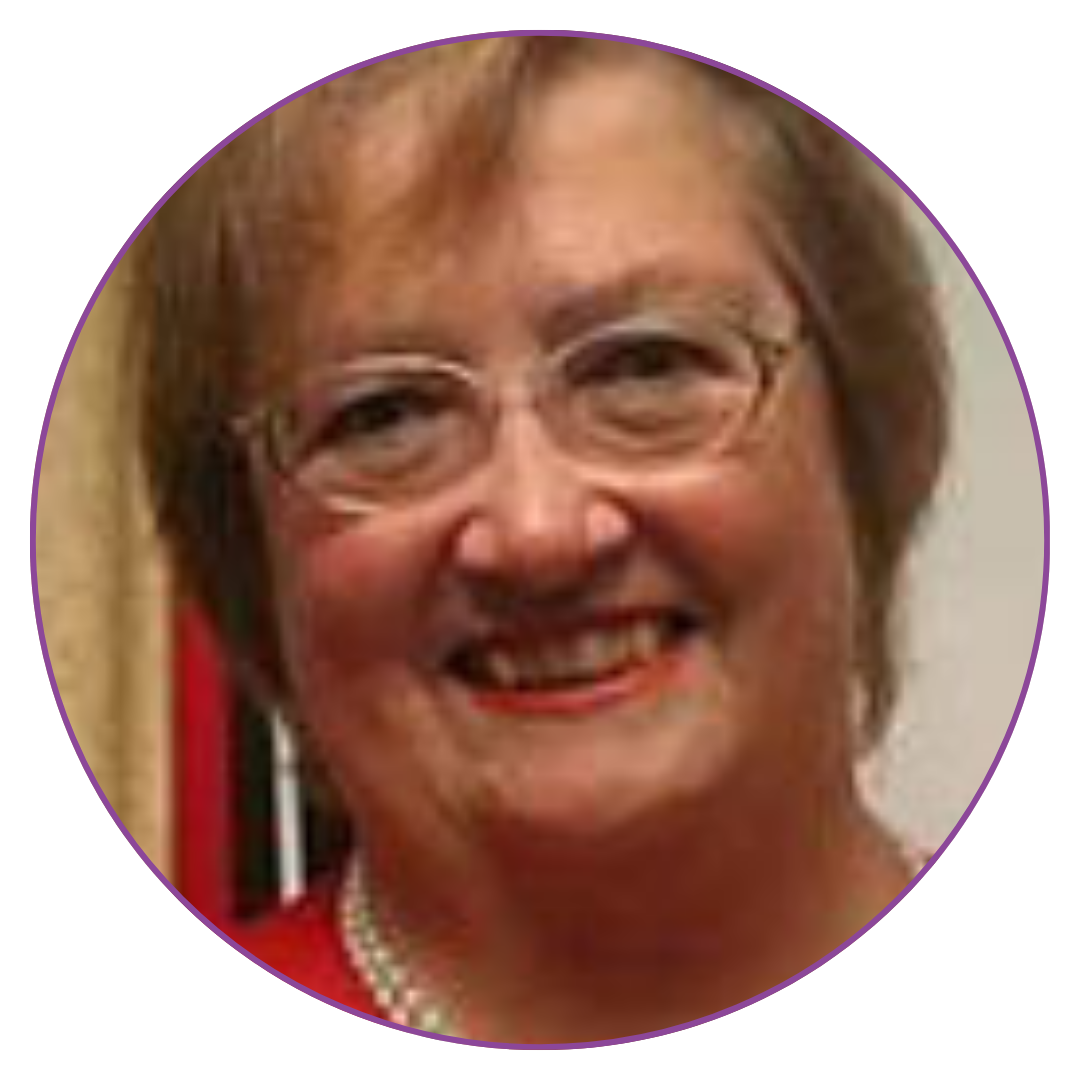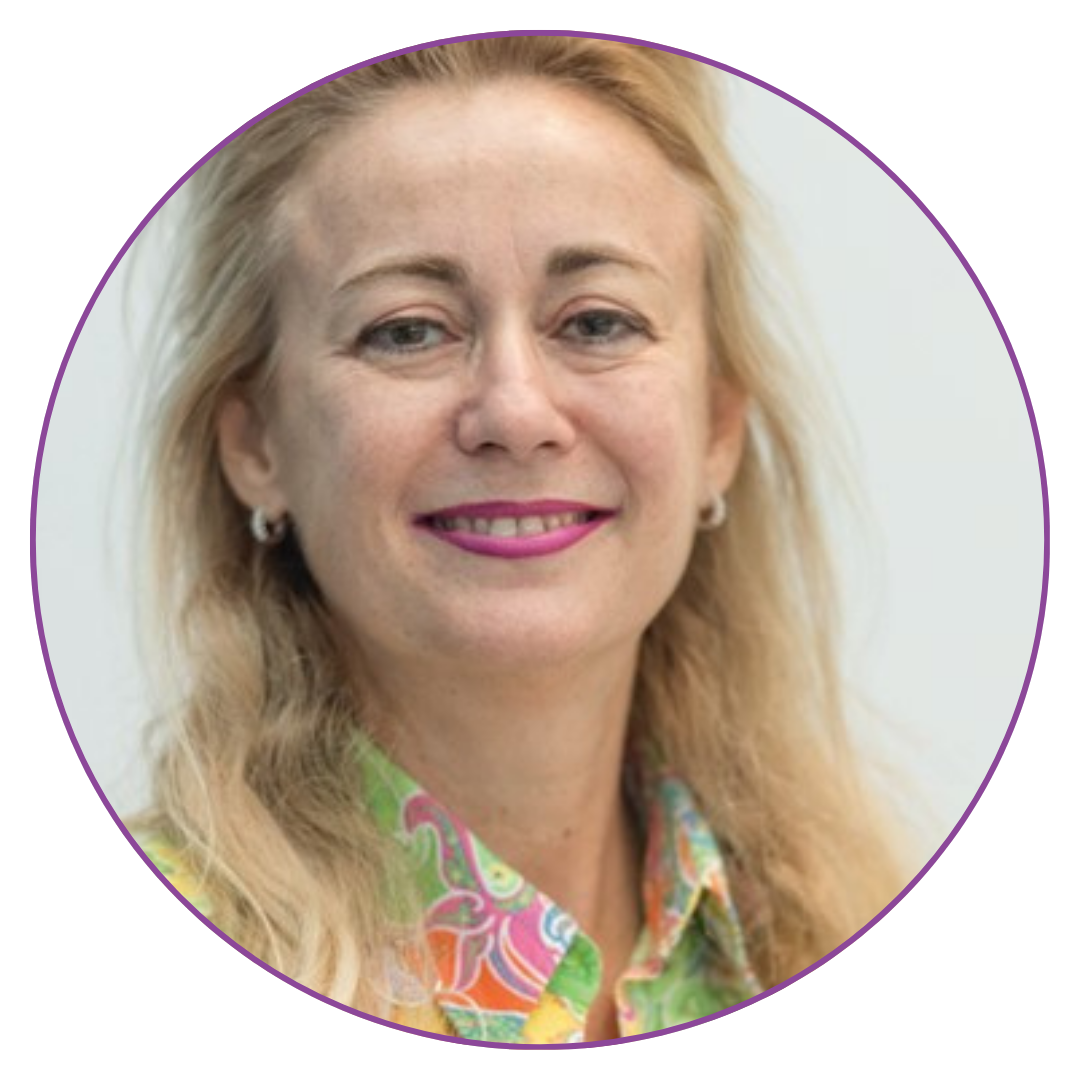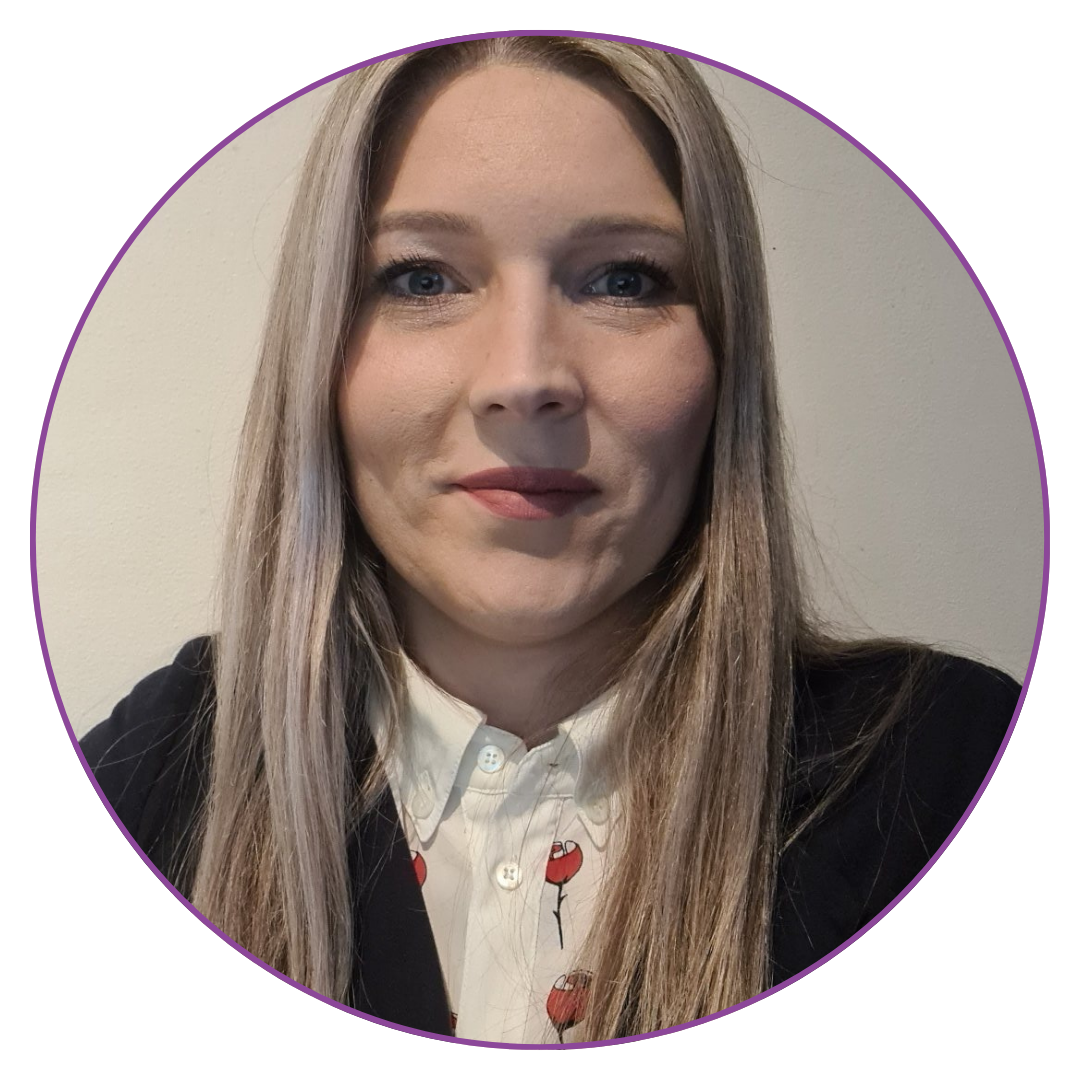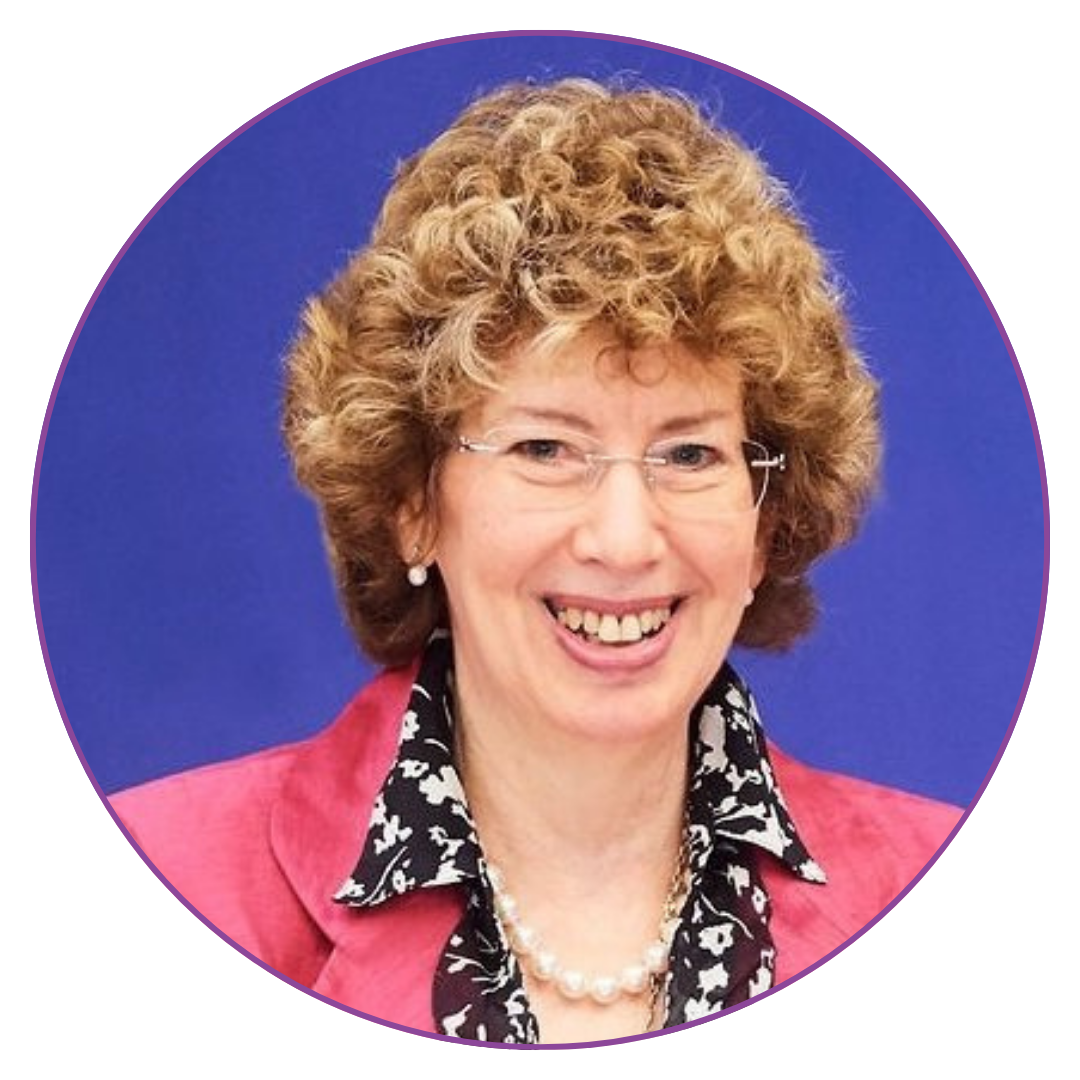ECO celebrates International Women's Day
International Women's Day: a time to celebrate the many efforts by women and for women throughout Europe's cancer community
Women face an unfair burden when confronted with cancer. On virtually every front, the impact is typically greater for women than for men – from disruptions to work and family life, to financial stability and overall wellbeing and mental health. In addition, women play a greater role as caregivers, accounting for more than 50% of cancer caregivers in Europe. This too can require them taking time from work and sacrificing their financial stability.
In anticipation of International Women’s Day, we shed light on the inspiring women in the cancer community and celebrate their resilience and many contributions – from advocating forcefully for patients and survivors, to oncology staff and researchers dedicated to improving cancer care in Europe and beyond.
WOMEN AND HPV
For women in the EU aged 15 to 44, cervical cancer is the second most common form of cancer after breast cancer. The human papillomavirus (HPV) is linked to 90% of cervical cancer cases, and while HPV vaccination and screening have significantly reduced incidence and deaths, not all European women have access to these preventive measures.
 Margaret Stanley, ECO board member and Co-Chair of the HPV Action Network says: 'Women are the engine of society, we care for the young and old, and we work to support our families. Losing a wife and a mother is a tragedy for the family, and an economic blow for society as a whole. On International Women’s Day, let's send a clear message: HPV vaccination and screening are the end of cervical cancer.'
Margaret Stanley, ECO board member and Co-Chair of the HPV Action Network says: 'Women are the engine of society, we care for the young and old, and we work to support our families. Losing a wife and a mother is a tragedy for the family, and an economic blow for society as a whole. On International Women’s Day, let's send a clear message: HPV vaccination and screening are the end of cervical cancer.'
ECO is campaigning vigorously for gender-neutral HPV vaccination programmes throughout Europe so that 90% of both boys and girls are covered, and the whole population is protected against all six HPV cancers (oral, anal, penile, vaginal, vulval, and cervical).
We are bringing our message to European capitals to promote policy action and achieve this goal. To learn more, please visit our main page dedicated to HPV, and the HPV Action Network’s page.
WOMEN WORKING IN CANCER RESEARCH
Despite comprising the largest portion of cancer researchers, women are still less likely to attain senior positions within their respective fields. However, trends indicate a more promising scenario in Eastern Europe. Statistics show that in 2019, 60% of women were listed as a first author of scientific papers in Romania compared to 43% in Germany. This study on gender disparity in senior academic ranks within cancer research sheds light on these inequalities and the need to promote gender equality and the empowerment of women in this critically important field.
WOMEN AND SCREENING
Of the 2.3 million women who die prematurely from cancer each year, 1.5 million deaths could be averted through better primary prevention or early detection strategies. In the European Union, breast cancer remains the most diagnosed cancer, averaging 14% of all new cancer cases. The EU Council Recommendations focus extensively on improving breast and cervical cancer screening for women, and ECO is fighting to make those recommendations a reality in every European country. For more information on the Time to Accelerate: for Cancer Screening campaign, please visit the dedicated webpage.
 In the words of Isabel Rubio, the co-chair of ECO's Prevention, Early Detection and Screening Network: 'Many women are not getting breast and cervical cancer screening. When diagnosed earlier, these cancers are more likely to be treated successfully, and women are surviving longer. Because every woman counts, it is time to have your breast and cervical screening. Early detection works and cancer won’t wait.'
In the words of Isabel Rubio, the co-chair of ECO's Prevention, Early Detection and Screening Network: 'Many women are not getting breast and cervical cancer screening. When diagnosed earlier, these cancers are more likely to be treated successfully, and women are surviving longer. Because every woman counts, it is time to have your breast and cervical screening. Early detection works and cancer won’t wait.'
WOMEN IN THE CANCER WORKFORCE
Women account for 67% of the global health and social care workforce. However, relatively few of those women are able to break the glass ceiling. According to WHO, women are severely under-represented at decision-making levels, with an estimated 75% of these roles held by men. Cancer professionals are already overwhelmed by the current workforce crisis. This disparity in leadership roles is another obstacle for women, who can find career progression suddenly and permanently stalled.
ECO is currently running a survey of working conditions of cancer care professionals. If you are a woman in the cancer care workforce, please, help us understand your professional experience so that we can propose needed policy solutions to support you and your ambitions. Share your voice by completing the survey here.
WOMEN AS YOUNG CANCER PROFESSIONALS
The Young Cancer Professionals (YCP) network showcases the tireless efforts of young women in the cancer workforce and their contributions to empowering a new generation of medical providers. By supporting these young cancer professionals, ECO is contributing to a more equitable and balanced workforce for generations to come.
 Nikolina Dodlek, an ECO board member and member of the Young Cancer Professionals Steering Committee says: 'On International Women's Day, we honour the remarkable strength of young women cancer patients, survivors, and caregivers, who bravely confront the dual challenges of illness and caregiving. Your unwavering resilience and compassion inspire us all to advocate for support and empowerment in every step of the journey.'
Nikolina Dodlek, an ECO board member and member of the Young Cancer Professionals Steering Committee says: 'On International Women's Day, we honour the remarkable strength of young women cancer patients, survivors, and caregivers, who bravely confront the dual challenges of illness and caregiving. Your unwavering resilience and compassion inspire us all to advocate for support and empowerment in every step of the journey.'
Driven by the often glaring disparities in cancer care, within countries and between countries, ECO’s Network on Inequalities shines a spotlight on the readily available policy mechanisms to bridge gaps and raise standards and outcomes in cancer care across Europe.
 Kathy Oliver, ECO board member and Co-Chair of ECO's Patient Advisory Committee says: 'Equitable representation of all stakeholders in helping to accelerate access to quality cancer care is crucial.'
Kathy Oliver, ECO board member and Co-Chair of ECO's Patient Advisory Committee says: 'Equitable representation of all stakeholders in helping to accelerate access to quality cancer care is crucial.'
On International Women’s Day, ECO reaffirms its unwavering and varied efforts to ensure that every woman, in every European country, has the right to quality cancer care.

